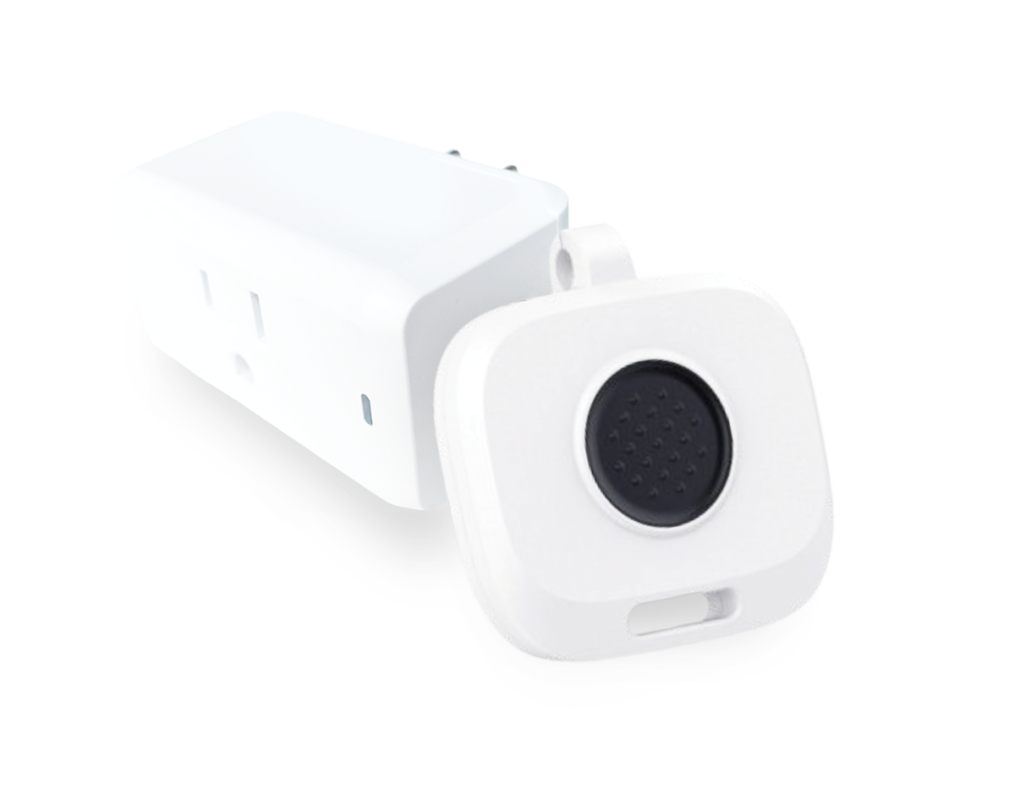When it comes to innovation, sometimes there can be too much of a good thing. The surge of innovation in recent years aimed at improving healthcare for patients and healthcare professionals has been remarkable. Yet pervasive fragmentation underlying our industry leaves us with a paradoxical problem: The more we innovate to become more consumer-centric, the more that patients, providers, and payors are left to connect all the dots themselves and navigate a sea of new technologies.
While digital health companies were funded every 12 hours last year alone, just 4 in ten physicians believe they have the tools to seamlessly deliver telehealth. The average health system still operates 16 electronic health record systems, with clinicians spending up to half their day tangled in this technology, entering information into their EHR.
This innovation paradox is driven by what we call the “healthtech disconnect.” Few digital health solutions work together or with existing health IT solutions like EHRs, so it’s nearly impossible to put relevant data to use in the moments of care. Health systems simply don’t have the tools to innovate in a fast, easy, or healthcare-specific way to meet their business needs, and digital health companies don’t have an easy way of connecting their apps into health system monoliths and their complex digital landscapes.
Healthcare feels these frustrations acutely, with interoperability efforts coming into greater focus, but existing platform iterations introduced to the market, like FHIR-powered data lakes or industry-agnostic app-building platforms, have not holistically solved these challenges. To solve the healthtech disconnect and realize the true power of connected innovation, healthcare needs a solution that can unify datasets across the industry, surface the right information in the moment of care, and power easy app development to unlock new possibilities for care delivery.
Over the past five years at Commure, it’s become crystal clear that these solutions must fall under an entirely new category of technology: a healthtech operating system – or healthtechOS.
What sort of value can we expect a healthtechOS to unlock for healthcare? Well, consider the value of operating systems in other industries – like the world-changing impact of smartphone operating systems such as iOS or Android. The underlying OS for smartphones supports the way their apps operate, allowing them to share essential data to maximize their usefulness, much the way an Uber app gets data from the phone’s GPS. Users can easily pull in any solution from millions of apps in an app store. Developers have access to building blocks, which allows anyone with a good idea to build an app, expanding the universe of apps by hundreds each day.
The value of a healthtechOS-powered industry is clear: the healthtech operating system will not only connect the billions of disparate data points across the ecosystem, but it will allow health systems to generate valuable insights in micro-moments of care, and to build or customize solutions that will unleash the full power of their data for the long term. A healthtechOS-powered ecosystem will help shift from the tactical deployment of point solutions to the strategic, seamless integration of digital health into every corner of the industry.
The time has come for healthcare to embrace a new class of technology that will finally transform the industry. While Commure is building the first healthtechOS, we look forward to welcoming other responsible innovators to help populate a category of many for the betterment of healthcare.
Learn more about our healthtech OS here.

